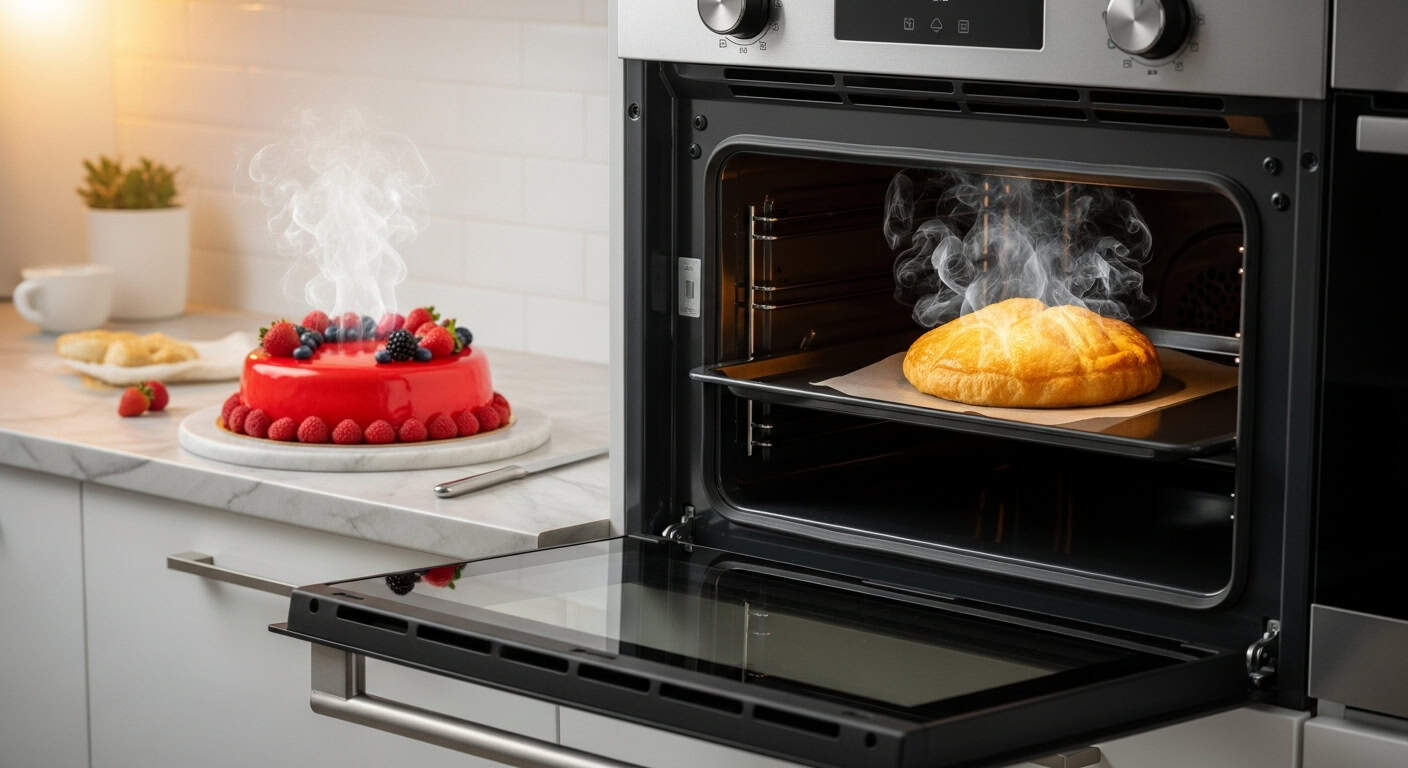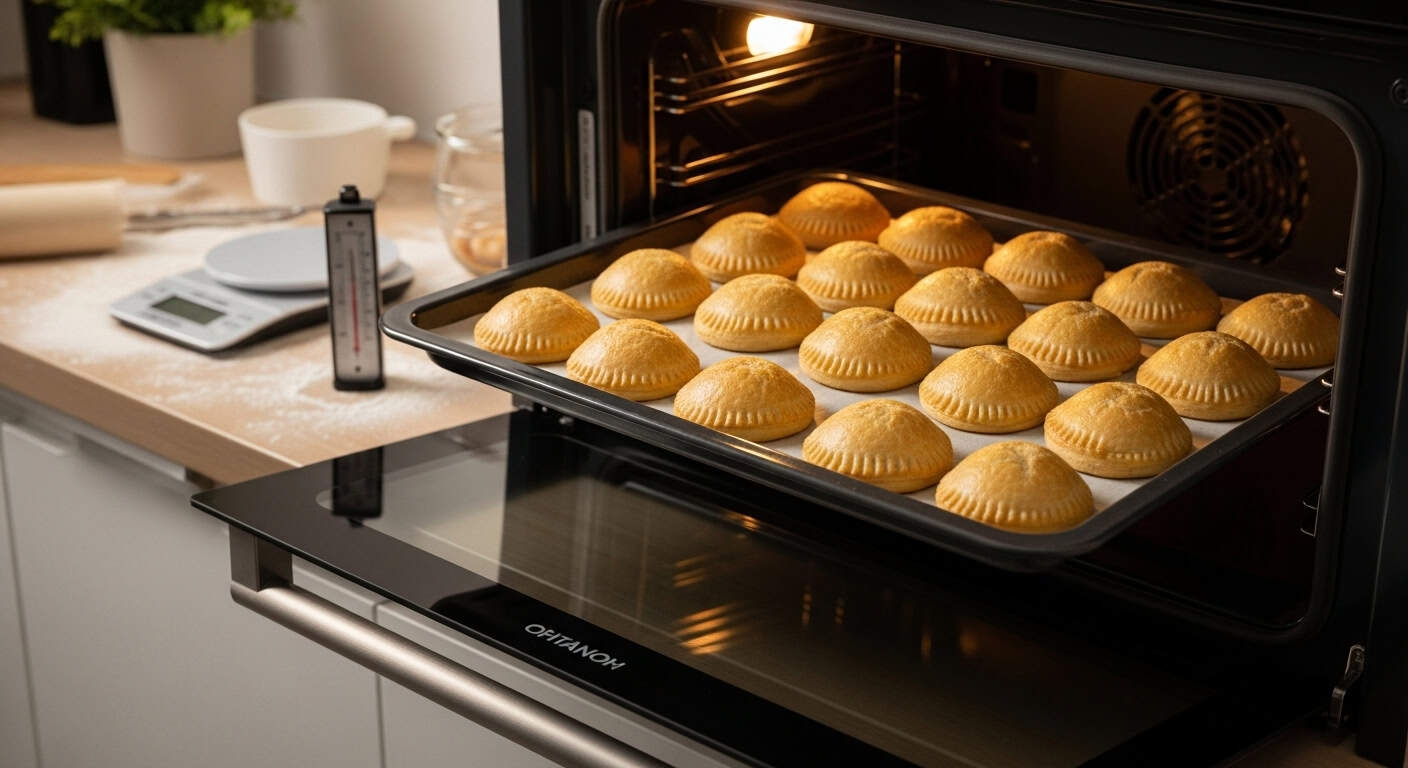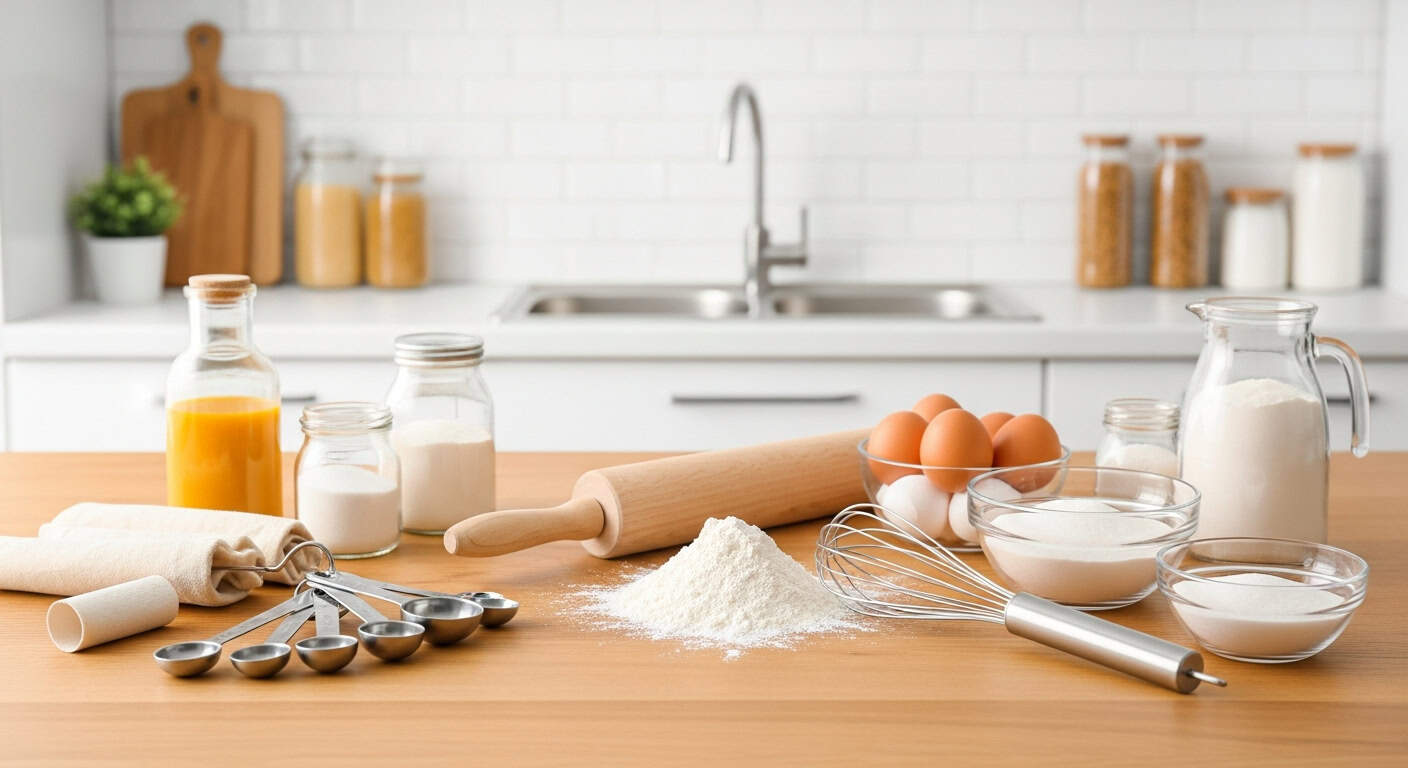15 Bizarre Kitchen Superstitions Chefs Still Won’t Break
The kitchen is a place of creativity, science—and, surprisingly, superstition. Across cultures and centuries, chefs and home cooks have guarded curious traditions, from lucky utensils to forbidden actions, believing these rituals ensure good fortune and culinary success. Even as the culinary world modernizes, many professionals still honor these age-old customs, blending belief with technique. Discover how these quirky, sometimes baffling superstitions continue to influence cooking today, as explored by sources like Food52 and Huff Post.
1. Never Stir with a Knife

Stirring food with a knife is widely considered a recipe for discord in the kitchen. Many chefs believe that using a sharp blade, rather than a spoon, can “cut” the harmony among coworkers, inviting arguments or misfortune. This superstition is so strong in some kitchens that it’s a strictly enforced rule, even when under pressure. The belief traces back to old folklore, where sharp objects are said to sever relationships and luck.
2. Salt Spilled Means Trouble—Toss It Over Your Shoulder

Spilling salt in the kitchen is widely feared as a sign of impending bad luck, a belief dating back to ancient civilizations. To counter this, many chefs instinctively toss a pinch of the spilled salt over their left shoulder, hoping to repel evil spirits or misfortune. This ritual is still common in modern kitchens, often performed without hesitation as a protective measure.
3. Bread Upside Down Invites Misfortune

Setting bread upside down on a table or cutting board is believed to bring bad luck or even disrespect to those in the home. This superstition, especially prevalent in European kitchens, is observed by bakers and chefs who treat bread with reverence. Given bread’s symbolic importance in many cultures, this ritual is taken seriously.
4. Broken Dishes Mean Good Luck

In many kitchens, the accidental breaking of a dish is surprisingly viewed as a harbinger of good fortune or fresh starts. This superstition echoes the Greek tradition of smashing plates during celebrations, symbolizing happiness and release of negative energy. Some chefs interpret a broken plate as a positive omen, especially after a hectic shift.
5. Garlic Wards Off Evil Spirits
Hanging garlic in the kitchen is a time-honored tradition believed to repel negative energy and ward off evil spirits. This superstition spans cultures, with chefs often displaying braids of garlic near their prep areas for protection. The strong scent is also thought to act as a charm against misfortune, reminiscent of the folklore linking garlic to vampire deterrence.
6. Dropping a Knife Means a Visitor Is Coming

Accidentally dropping a knife in the kitchen is considered a sign that an unexpected visitor will soon arrive. Many chefs, even in bustling restaurants, take note of this superstition and anticipate a surprise guest or customer. This belief is mirrored in households globally, where different utensils are thought to predict visitors of various kinds.
7. Whistling in the Kitchen Attracts Trouble

Whistling in the kitchen is frowned upon in many culinary circles, where it’s thought to attract bad luck or even evil spirits. Some chefs believe it stirs up chaos or disrupts the kitchen’s focus, leading to mistakes. As a result, an unspoken rule against whistling often prevails, especially during busy prep periods.
8. Eggshells Must Be Crushed

After cracking an egg, many chefs immediately crush the eggshells, following the superstition that unbroken shells could be used by witches or evil spirits as little boats. This ritual, especially common in traditional bakeries, underscores the mystical significance given to everyday kitchen objects. Across cultures, eggs are symbols of protection and new beginnings, adding depth to this curious practice.
9. Never Clean Fish After Dark

In many coastal communities and seafood kitchens, cleaning fish after dark is thought to attract bad luck or ensure a poor catch the following day. Chefs who observe this superstition believe that nighttime brings misfortune and should be avoided for such tasks. This belief is echoed in various cultures where night is associated with negative energies.
10. Don’t Pass a Knife Hand-to-Hand

In professional kitchens, handing a knife directly to someone is a big taboo, believed to trigger arguments or cut ties between colleagues. Instead, chefs are taught to set the knife down on a surface for the other person to pick up. This ritual not only promotes safety but also preserves workplace harmony. Similar customs exist in other trades involving sharp tools.
11. Never Eat the First Pancake

Many chefs view the first pancake as a necessary sacrifice, believing it seldom turns out right and should not be eaten or served. This superstition suggests the imperfect first attempt appeases kitchen spirits and ensures the rest will be flawless. Comparable to traditions in baking and brewing, this ritual treats the initial batch as a test.
12. A Wooden Spoon Across the Pot Prevents Boilovers

Many chefs place a wooden spoon across a boiling pot, believing it wards off boilovers and bad luck. While the method can sometimes disrupt bubbles for scientific reasons, the tradition persists mostly due to superstition and habit. This ritual is often compared to other quirky kitchen hacks that blend practicality with folklore.
13. Bread Baked with a Dent Keeps Away Evil

In some baking traditions, a thumbprint or small dent is made in each loaf before baking, believed to safeguard the bread from evil spirits and ensure a good rise. This ritual highlights the deep symbolism of bread as both nourishment and protection. Chefs often note parallels with other cultures, such as the cross cut on hot cross buns for blessing and luck.
14. Always Light a New Stove with Paper, Not Matches

In many kitchens, lighting a new stove or oven with paper rather than matches is believed to attract prosperity and guarantee delicious meals. Chefs who follow this superstition claim that the ritual sets a positive tone for all future cooking. This tradition is often compared to similar fire-related beliefs, where the type of ignition influences luck and success.
15. A Dropped Towel Signals an Unwelcome Guest

In many kitchens, dropping a towel is thought to predict the arrival of an unwelcome guest. Chefs who adhere to this superstition will quickly retrieve the towel and may even make a gesture to dispel the bad omen. This belief mirrors similar traditions in other professions, where dropped tools or objects are seen as signs of unexpected or unwanted visitors.
Conclusion

Kitchen superstitions, no matter how peculiar, continue to influence the routines and rituals of chefs worldwide. They represent a fascinating blend of tradition and innovation, helping to foster identity and camaraderie in bustling modern kitchens. From preventing bad luck to inviting success, these beliefs create a shared language that connects generations of cooks. The enduring power of superstition is evident in every kitchen, as captured in vibrant culinary scenes like those featured in Food52.
.article-content-img img { width: 100% }





